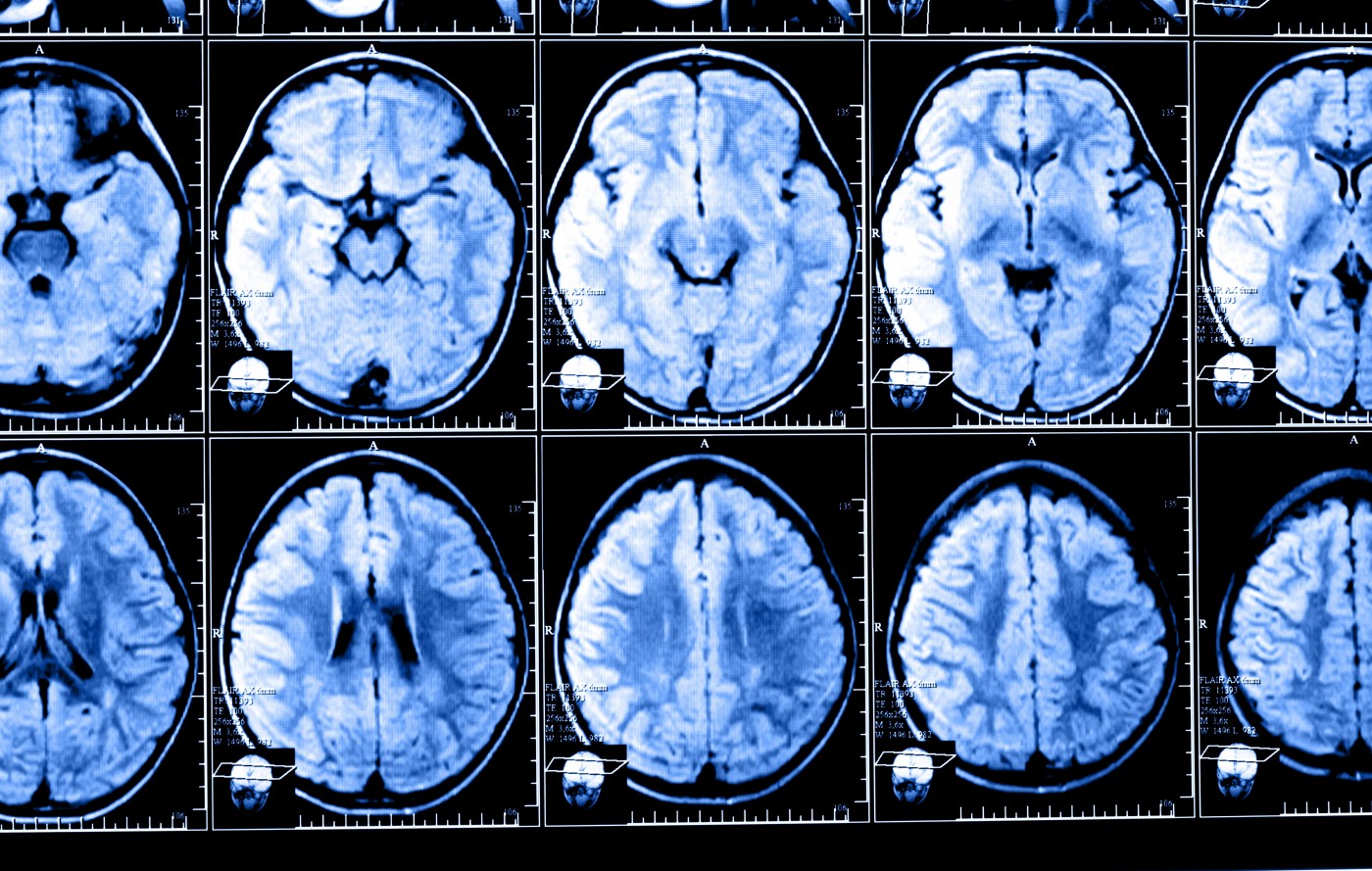Leptomeningeal Inflammation May Offer New Treatment Targets In Progressive Forms of MS
Written by |

Researchers at Johns Hopkins University in Baltimore presented key findings today, Feb. 19, concerning the presence of contrast-enhancing lesions in later stages in the relapsing-remitting experimental autoimmune encephalitis (EAE) model. The presentation was made at the Americas Committee for Treatment and Research in Multiple Sclerosis (ACTRIMS) Forum 2016, which is ongoing through Feb. 20 in New Orleans, LA.
The presentation, “Leptomeningeal inflammation and Intrathecal Rituximab in Progressive MS,” was given by Dr. Peter Calabresi.
Progressive multiple sclerosis (MS), characterized by steady worsening of neurological functioning (without any distinct relapses, also known as attacks or exacerbations) still lacks effective treatments. An increasingly recognized feature, particularly with high prevalence in patients with primary or secondary progressive MS, is the presence of leptomeningeal inflammation (LMI).
The organs of the central nervous system, brain, and spinal cord, are covered by three connective tissue layers collectively called the meninges, and the leptomeninges are the two delicate layers composing the meninges. LMI is a condition associated with gray matter demyelination and increased sub-pial lesion load. Therefore, leptomeningeal inflammation may have a role in disease progression.
Capturing leptomeningeal lesions in vivo has been challenging, but a technique called time-delayed post-contrast fluid-attenuated inversion recovery (FLAIR), a pulse sequence used in magnetic resonance imaging (MRI), successfully identified these lesions, which were shown to correspond to inflammation foci composed by lymphocyte aggregates.
In the presentation, Calabresi showed the presence of contrast-enhancing lesions in a relapsing-remitting EAE model at later disease stages. Further studies confirmed that these lesions persisted over time and were composed by B- and T-lymphocytes. Thus, areas of inflammation with lymphocyte aggregates are also present in multiple sclerosis, suggesting a similar process to LMI observed in MS.
Treatments targeting LMI may have a potential therapeutic effect in MS. Currently, anti-CD20 is an approved treatment by the U.S. Food and Drug Administration (FDA), and it is administered intrathecally (injection into the spinal canal) to people with multiple sclerosis.
Based on this knowledge, the researchers initiated a clinical trial for Rituximab, a chimeric monoclonal antibody against the protein CD20, in patients with progressive MS who also have leptomeningeal enhancement, as confirmed by MRI.
The team plans to enroll 12 patients in total, and the goals of the trial are: to determine the safety of intrathecal administration of rituximab in patients with progressive MS; to investigate the effect of intrathecal rituximab on the persistence of leptomeningeal enhancement in patients with progressive MS; and to assess the effect of intrathecal rituximab on depleting cerebrospinal fluid (CSF) B-cells and lowering the levels of biomarkers of inflammation and neuronal damage.


